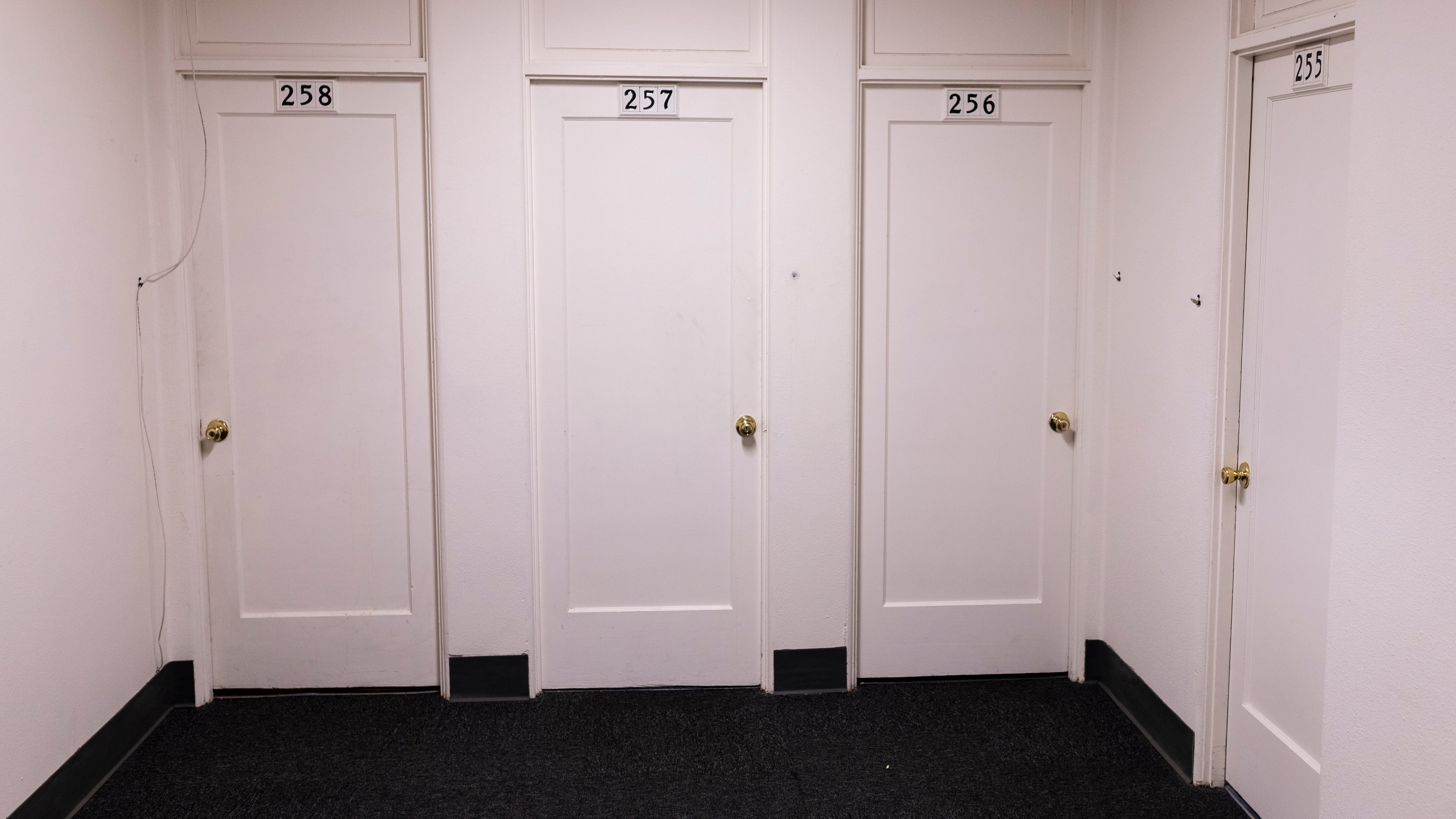Oregon Housing and Community Services is a state agency with more than 170 employees, a budget of more than $1 billion a year in federal and state funds, an executive director who makes $185,676 annually, and a mission to develop housing policy and provide stable and affordable housing to the most vulnerable Oregonians.
OHCS is a growing priority for state leaders, who expanded the agency's budget by more than $450 million this biennium. But according to several months of reporting by WW, the agency's doing a faulty job of protecting low-income tenants from rent gouging.
Making policy is easy. Enforcing it is hard. And observers say OHCS never created a system to reliably track whether landlords were following the rules.
"The pillar of affordable housing is that it's affordable, and the state agency charged with enforcing compliance of that most basic tenet can't apparently be counted on to enforce that most basic piece," says Margot Black, founder and co-chair of Portland Tenants United. "That's a problem."
In 2018, OHCS created a policy requiring most landlords it oversees to cap rent increases at 5 percent. (The agency oversees properties that receive federal tax credits.) That's on top of federal limits on absolute dollar amounts landlords may charge for some affordable housing.
But WW has documented instances in which OHCS failed to enforce those policies.
In two cases WW examined closely, the agency did nothing until the newspaper or Black's tenants' union called attention to the violations.
OHCS conducts a physical inspection and compliance review after the first year, and then the same type of inspection at one-, two- or three-year intervals.
Agency director Margaret Salazar acknowledges the examples WW brought to her attention show that her agency's oversight efforts have fallen short. "This is helping us understand what it takes to have an effective policy," Salazar says.
Black, the tenant advocate who is currently seeking a Portland City Council seat, says what she's seen raises enough questions that agency officials need to take a systemic look at all their properties. "It's clear," she says, "that the state must do a full audit of all properties to directly verify the rent amounts and increases."

Black appears to be right. Without too much difficulty, WW found apartments in violation of OHCS rules, even though the agency seemed unaware of them.
The first were at the tax credit-subsidized Milepost 5, an artists' enclave in Montavilla, at 850 NE 81st Ave. Community Development Partners refurbished the building with help from the low-income housing tax credit program.
That meant it was required to abide by hard caps on the rent it was charging: $693 for single room occupancy apartments, as of September 2019. Instead, the developer was charging far above the limit for some of the rooms.
In October of last year, Chellema Qolus, who rents a single room occupancy apartment there, paid $825, almost 20 percent more than she should have under OHCS policy.
"I think a lot of people who live in [affordable] buildings don't realize what type of housing it is and what our rights are," Qolus says. "We are very vulnerable."
Last month, after Portland Tenants United alerted state regulators, the landlord rescinded the rent hike, reducing the rent to no more than $693 for all but two units in the building. (Community Development Partners declined to provide an explanation for the higher rent.)
To OHCS's credit, the agency penalized the company by stripping away its 2019 tax credits for multiple apartments at the complex. But that didn't stop OHCS from approving new tax credits last week for the same developer on a huge new project in the Rockwood neighborhood of Gresham.
"We spent a lot of time discussing [this] inside the agency," Salazar says. "If we were to turn our backs on this project at this stage, we would be harming the residents who need stable housing in that community. It's always that balancing act."
Another example is Pacific Tower Apartments in Old Town, which receives federal tax credits. In May, the landlords—MRA Investments LLC and Pacific Tower Associates—hiked rents 9 percent, nearly twice the allowed amount.
After WW pointed out the increase to OHCS in December, seven months after the rent increase took effect, the agency said it would enforce the rules and get renters' money back.
But more than six weeks after WW brought the example to officials' attention, OHCS could not confirm the tenants had received refunds.
A representative for the landlords says they have rescinded future rent increases and are now following the requirements for the prior rent increase.
"The regulations are complex, and there was a misinterpretation as to how to apply them," says Christopher Lordino, portfolio manager for MRA. "We are making all steps to correct it."
OHCS spokeswoman Nicole Stoenner says the agency is already scheduled to conduct one of its regular reviews of the property next month.
For Ruth Ann Barrett, a Pacific Tower tenant, the agency acted too late. She spent more than 45 percent of her income on rent and fears future rent increases. So she moved out last month.
"I'd be out on the street by 2021," she says.
Oregon Gov. Kate Brown, who has increased the agency's budget, defended its work to WW. "While there is clearly still more work to be done to address the housing crisis in Oregon, it's my understanding that OHCS policies regulating rent increases for affordable housing properties go well beyond what is required in federal statutes," the governor's spokesman Charles Boyle said.
House Speaker Tina Kotek went further.
"It's significant that the state has required a review process for any rent increases over 5 percent," says her spokesman Danny Moran. "We have to continue to monitor that the system is working as intended. These rent caps must be properly enforced."
The nonprofit Journalism Fund for Willamette Week provided support for this story.

